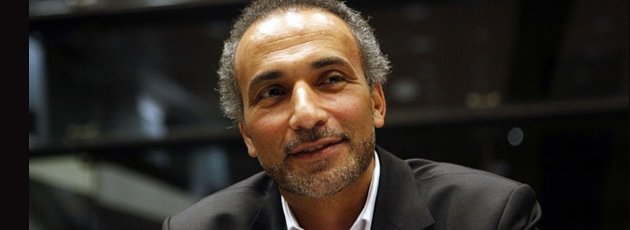- Home
- News & Blogs
- About Us
- What We Do
- Our Communities
- Info Centre
- Press
- Contact
- Archive 2019
- 2015 Elections: 11 new BME MP’s make history
- 70th Anniversary of the Partition of India
- Black Church Manifesto Questionnaire
- Brett Bailey: Exhibit B
- Briefing Paper: Ethnic Minorities in Politics and Public Life
- Civil Rights Leader Ratna Lachman dies
- ELLE Magazine: Young, Gifted, and Black
- External Jobs
- FeaturedVideo
- FeaturedVideo
- FeaturedVideo
- Gary Younge Book Sale
- George Osborne's budget increases racial disadvantage
- Goldsmiths Students' Union External Trustee
- International Commissioners condemn the appalling murder of Tyre Nichols
- Iqbal Wahhab OBE empowers Togo prisoners
- Job Vacancy: Head of Campaigns and Communications
- Media and Public Relations Officer for Jean Lambert MEP (full-time)
- Number 10 statement - race disparity unit
- Pathway to Success 2022
- Please donate £10 or more
- Rashan Charles had no Illegal Drugs
- Serena Williams: Black women should demand equal pay
- Thank you for your donation
- The Colour of Power 2021
- The Power of Poetry
- The UK election voter registration countdown begins now
- Volunteering roles at Community Alliance Lewisham (CAL)
Tariq Ramadan: London attacks and a Muslim voice of reason
In the white noise following the weekend’s murderous act in London you won’t hear much from the Oxford scholar Tariq Ramadan, but you should.
This morning on the BBC 4’s Today Programme, Ramadan used his precious four minute interview with Michelle Hussain to try and make sense of how we look at the drivers to the terrorism we have witnessed in the UK.
Of course we cannot deny that the terrorist attacks have nothing to do with Islam".
Ramadon stated:
First they-perpetrators are Muslims; the second is that they are quoting verses of the Quran. But it’s important to understand that their views are distorted interpretations of Islam, and are against the values of Islam."
Hussain quizzed Ramadan about those aspect of the Quran scriptures that call for, 'death to the non-believers’, to which Ramadan explained these parts are too often taken out of context. This aspect of the scripter refers to a particular war at a particular time when Mecca was under siege. Muslims, he stated have a moral duty to stand up against this misinterpretation.
But in calling for a wider conversation Ramadan said,
We in the West must all also look at other drivers that help poison the minds of some Muslims, which is not about legitimising or apologising for unspeakable acts but understanding the drivers.'
For example, he argued, ‘when there is no dignity in society, and the West is supporting dictators ... when all Muslim Communities are stigmatised by the very few, this is problematic’.
He ended the conversation with a plea that all communities in particular the Muslim community must be part of the solution in giving people a sense of belonging and not a sense of alienation.
It's clear that next Government will have some very difficult decisions to make in the wake of these recent attacks: On one side, some in society, including some voices in the police force, would like to see the militerization of the police force, and a further demonization of Muslim communities.
And then there are voices such as Ramadan, who pleas for strong action; including better understanding, more equality, cutting oxygen that fuels alienation, and a rethink of with who and how we do engage with foreign states.
Sadly, we can expect more simplistic answers to very complicated questions.
Simon Woolley
